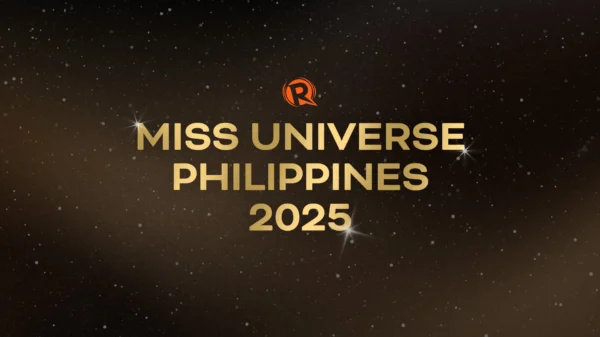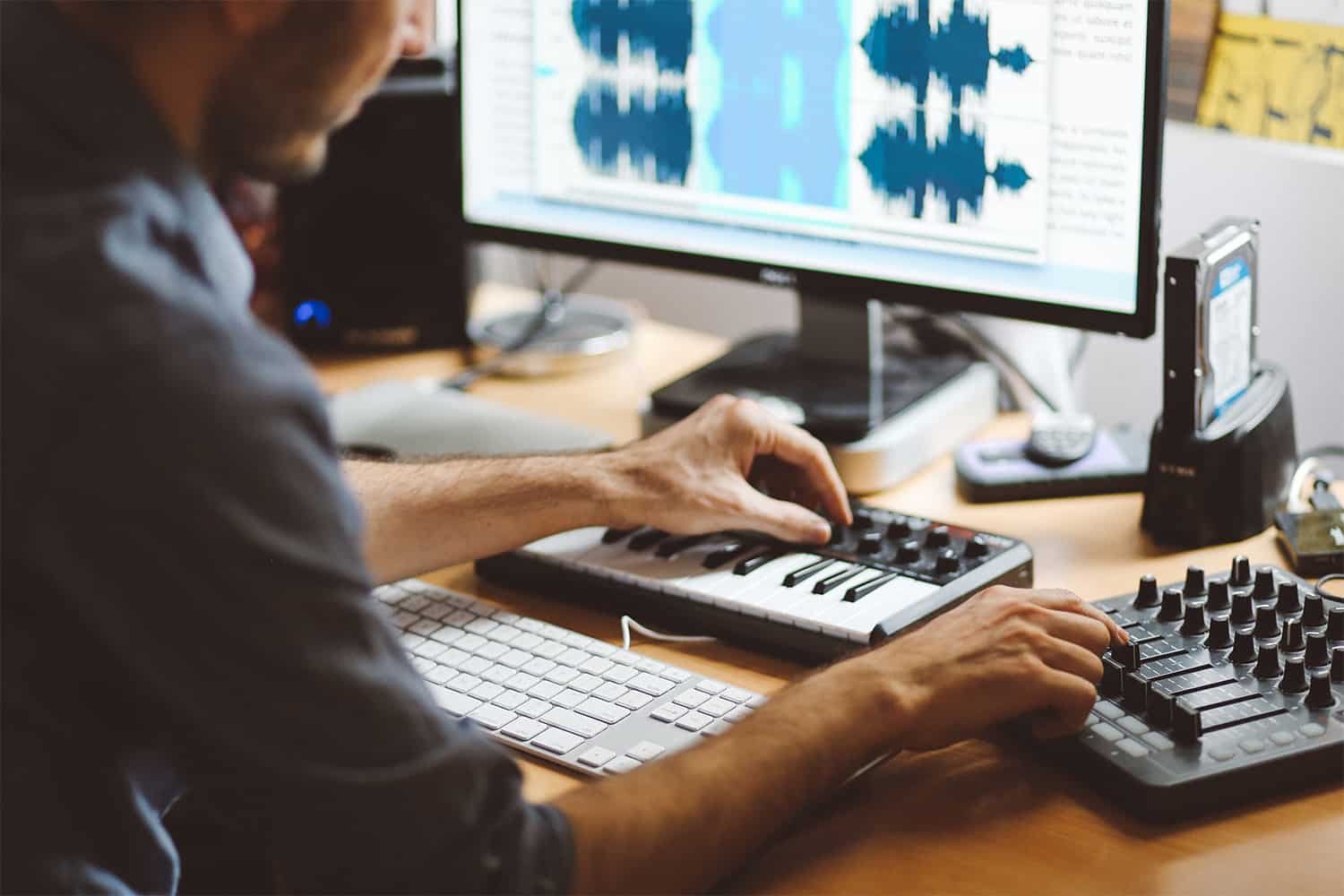Introduction
The music industry has always been at the forefront of technological advancements. From the invention of the phonograph to the rise of digital audio workstations, technology has significantly reshaped music production techniques over the years. In this blog post, we will explore some of the latest tech innovations that are revolutionizing the way music is created and produced.
AI-Powered Music Composition
Artificial Intelligence (AI) has made its way into the music production process, enabling composers to generate unique musical compositions with ease. With the help of machine learning algorithms, AI-powered software can analyze vast amounts of music data and create original compositions based on specific styles or genres. This technology not only speeds up the composition process but also opens up new creative possibilities for musicians.
Virtual Reality (VR) in Music Videos
Virtual Reality (VR) technology has transformed the music video experience. Artists can now create immersive VR music videos that allow viewers to step into a virtual world and interact with the music in a whole new way. VR music videos provide a more engaging and interactive experience, blurring the lines between the artist and the audience.
Cloud-Based Collaboration
Gone are the days when musicians had to be in the same physical location to collaborate on music projects. Cloud-based collaboration platforms have revolutionized the way musicians work together. These platforms allow artists from different parts of the world to collaborate in real-time, share ideas, and work on music projects simultaneously. This technology has made it easier for musicians to connect and collaborate, breaking down geographical barriers.
Blockchain for Royalty Management
Blockchain technology is transforming the way royalties are managed in the music industry. Traditionally, royalty payments have been a complex and opaque process, often leading to disputes and delays. With blockchain, royalty payments can be tracked transparently and accurately, ensuring that artists receive fair compensation for their work. Blockchain also enables artists to have more control over their intellectual property rights.
Conclusion
The music production landscape is constantly evolving, thanks to technological innovations. AI-powered music composition, virtual reality in music videos, cloud-based collaboration, and blockchain for royalty management are just a few examples of how technology is reshaping music production techniques. As these innovations continue to advance, we can expect even more exciting changes and possibilities in the world of music production.


































